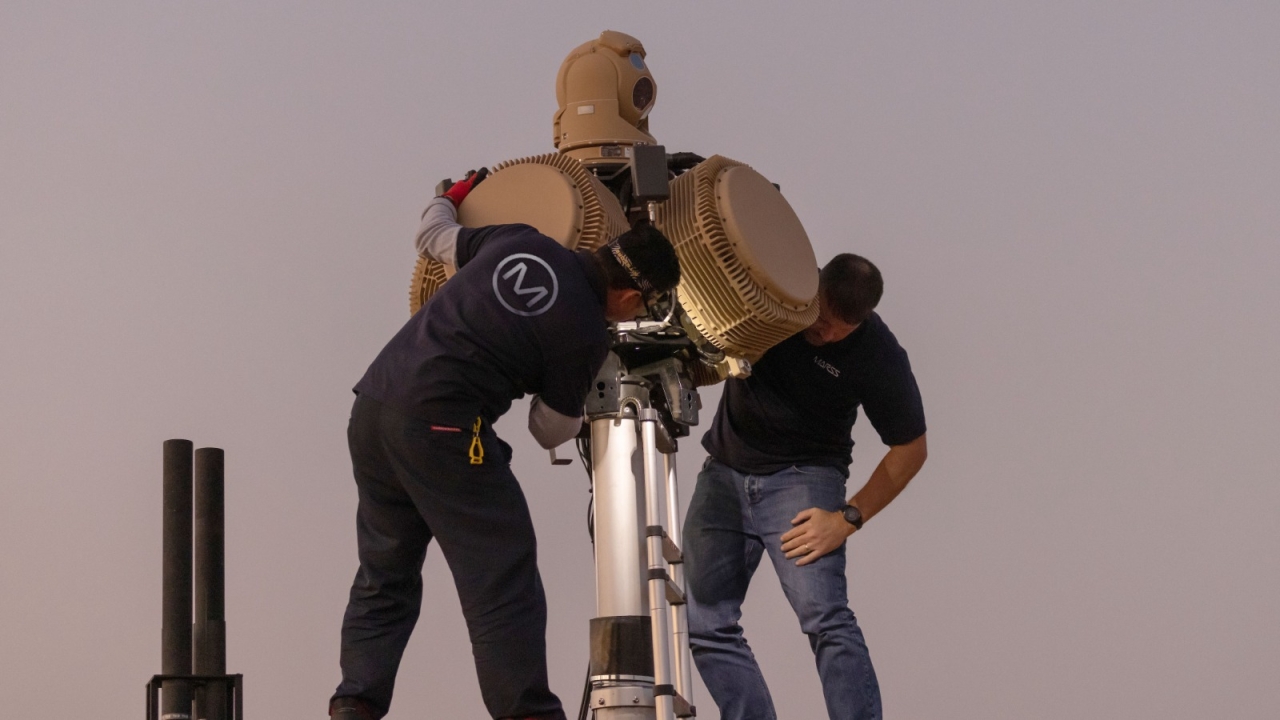BAE Systems to modernise head-up displays for UAE F-16s

Above: An F-16 Block 60.
The HUD, which sits directly in a pilot’s line of sight, is a see-through display that presents real-time, flight-critical information without obstructing his or her view of the outside world.
BAE Systems will use its cutting-edge Digital Light Engine (DLE) technology to implement a HUD upgrade that integrates seamlessly into the F-16’s existing HUD space, requiring no changes to the aircraft, cabling, or computing. The advancement will remove the outdated cathode ray tube image source and replace it with a digital projector.
“To the naked eye, the pilot sees no difference in performance when our DLE HUD is installed. It retains the existing optics, video camera, and control panel,” said Andy Humphries, director of Advanced Displays at BAE Systems. “The real difference is the significant cost savings our customer will experience over the product’s life cycle as a result of reduced maintenance and spares requirements.”
The fully digital system has the potential to reduce life-cycle costs by 20% and offers at least four times the reliability of legacy analog systems. The DLE HUD features high-resolution symbology that is viewable under any flight condition, and it is designed to accommodate future advancements in symbology and video.
This contract underpins BAE Systems’ position as a provider of high-integrity aircraft displays. In 2017, the DLE technology was selected to modernise the F-22 HUD for the US Air Force. The company provided the original analog HUDs for both the F-16 and F-22 aircraft.
BAE Systems has been a leader in HUD development and production for more than 60 years. The company has produced more than 15,000 head-up displays that have been in service on more than 50 different aircraft types in more than 50 countries around the world.
Stay up to date
Subscribe to the free Times Aerospace newsletter and receive the latest content every week. We'll never share your email address.

